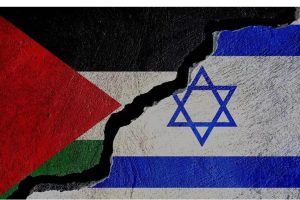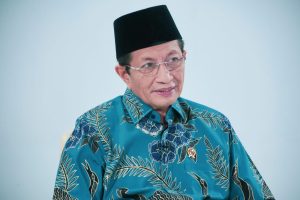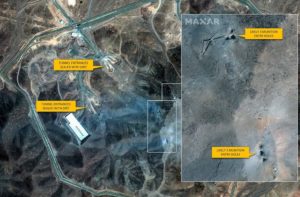muslim-kuba-joan-alvado.jpg" alt="" width="1440" height="962" /> A Muslim group prays in front of a home in a small, isolated village in Baracoa province. After the family’s home was struck by Hurricane Matthew, other Muslims in the area began visiting to offer economic support. Photo: Joan Alvado.
Havana, 27 Rabiul Awwal 1438/27 Desember 2016 (MINA) – Who knows Cuba will have a growing Muslims inside the communist-known country. And they are growing fast.
The religion is now quietly growing in Cuba, where there are as many as 9,000 Muslims. While they represent a tiny segment of Cuba’s 11.3 million population, it’s a significant increase from roughly a dozen in the early 1990s.
“The Communist Party has been making decisions to open up religious plurality,” says Michael Leo Owens, associate professor of political science at Emory University in Atlanta. “Islam will naturally grow.”
Also Read: UN Experts Warn Right Violations in Kashmir by Indian Authorities
Newsweek reported, the first time a pope ever set foot in Cuba was in 1998, when John Paul II traveled to the Communist state. The visit was the result of a thaw between the Vatican and Cuba’s president, Fidel Castro, who banned religion in 1959 when he seized power. Cuba’s majority-Catholic population welcomed the pontiff with great excitement; several hundred thousand people, including Castro, attended the Mass led by the pope in Havana.
Because there isn’t a long legacy of Islam in Cuba, many of the island’s Muslims are converts who found the faith after speaking with students and diplomats visiting from Muslim-majority countries, says Joan Alvado, a photojournalist based in Barcelona, Spain.
Starting in 2014, Alvado has photographed the lives of Cuba’s Muslims, in the capital of Havana and around the country. Most recently, Alvado returned to Cuba, from early October to early November, to further explore this tiny culture, and his work is showcased here.
Osman Reyes, one of Alvado’s subjects, converted to Islam in June 2015. He says the religion helped him to feel “more free,” according to Alvado. Reyes lives near the central Cuban city of Camaguey, where local Muslims established a humble mosque inside a private home in the early 2000s.
Also Read: At Least Nine Children and One Woman Killed in Pakistani Airstrike on Afghanistan
Despite being part of the fastest-growing religious group in the world—a Pew Research Center islam-key-findings-in-the-u-s-and-around-the-world/">report estimates the world’s Muslim population will increase by 73 percent by 2050—Cuba’s Muslims can seem invisible, even to other Cubans. “No one in Havana, even my Cuban friends, knew that there were Muslims,” Alvado says.
In the early 1990s, the handful of Muslim citizens in Cuba faced possible persecution by the regime for practicing their religion, but most worshipped on their own; few could teach them about their newfound faith. Now they have leadership, teachers and a large house of worship that opened in Havana in June 2015. The mosque distributes traditional Muslim dress to men and women and donates lamb to congregants during Ramadan.
Adapting to Islam has been a significant departure for Cubans, many of whom grew up eating pork and drinking alcohol. Most Cuban Muslims have adapted gradually. A lack of experts or imams to guide their way has meant that old traditions survive even as the converts adopt new ways of living under Islam.
In one of his photographs, Alvado features a small Christmas tree next to a green Saudi Arabian flag. The decorations belong to a Catholic-born Cuban woman who has been a Muslim for five years. “She still puts the Christmas tree up every year,” says Alvado. “The Muslim community in Cuba is really young.”
Also Read: Pakistan Condemns Israeli Settler Attacks in West Bank, Al-Aqsa Storming
It’s unclear whether Castro’s death in November will affect Cuba’s religious revival. Castro had already passed the presidency on to his younger brother Raúl in 2008, though he continued to represent a powerful and uncompromising faction in Cuban politics.
“The hard-liner elements of the Cuban government lost their greatest mouthpiece,” says Andrew Otazo, executive director of Washington-based think tank the Cuba Study Group.
Cubans will be watching anxiously to see whether Castro’s death will lead to reform or whether hard-liners—insecure about where they stand now—will crack down on religion. “Will there be more religious freedom or ability to practice your religion if you see fit? That’s the big question,” he says. (T/RE1/RS05)
Also Read: China Criticizes US-Drafted UN Gaza Resolution as Vague, Abstains from Vote
Mi’raj Islamic News Agency (MINA)
Also Read: Former Bangladesh PM Sheikh Hasina Sentenced to Death



































 Mina Indonesia
Mina Indonesia Mina Arabic
Mina Arabic